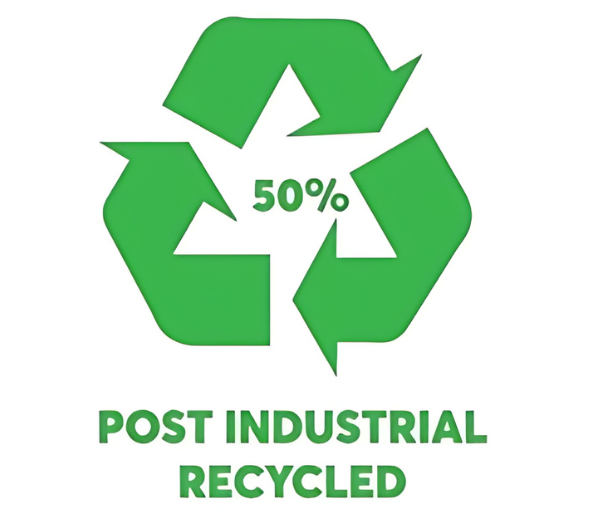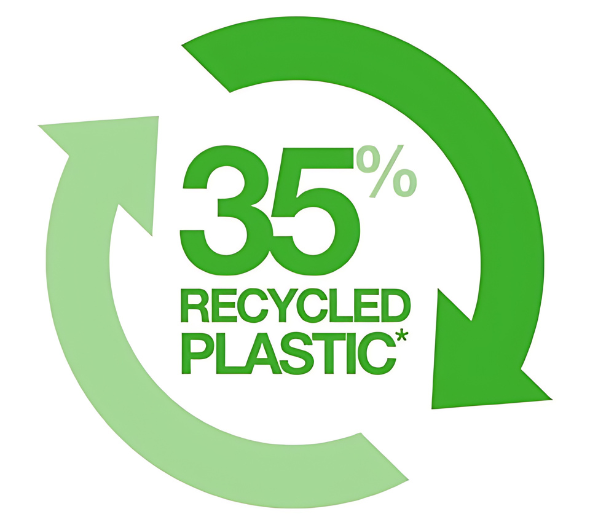PIR & PCR
Post-Industrial Recycled (PIR) and Post-Consumer Recycled (PCR): Champions of Sustainability
In today’s era of heightened environmental awareness, sustainable materials have taken center stage. Two key players in this arena are Post-Industrial Recycled (PIR) and Post-Consumer Recycled (PCR) materials.

Post-Industrial Recycled (PIR)
PIR materials are derived from production waste and scraps that never reached the consumer. These materials are meticulously collected, processed, and transformed into new products. PIR helps industries reduce their waste output significantly and minimizes the environmental impact of manufacturing processes.
Post-Consumer Recycled (PCR)
PCR materials, on the other hand, come from products that have fulfilled their intended purpose and been collected through recycling programs. These materials are then reprocessed into new products, extending their lifecycle and conserving resources.
Both PIR and PCR play pivotal roles in fostering sustainability. They reduce the strain on landfills, decrease the need for virgin resources, and mitigate environmental harm. Moreover, they promote the circular economy concept, where resources are continually reused and recycled, aligning with global efforts to create a greener, more sustainable future.
Embracing PIR and PCR materials is a tangible step toward responsible and eco-conscious practices, benefiting not only businesses but also the planet we all call home.

